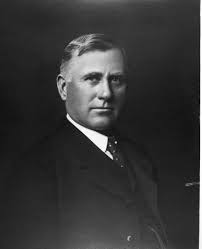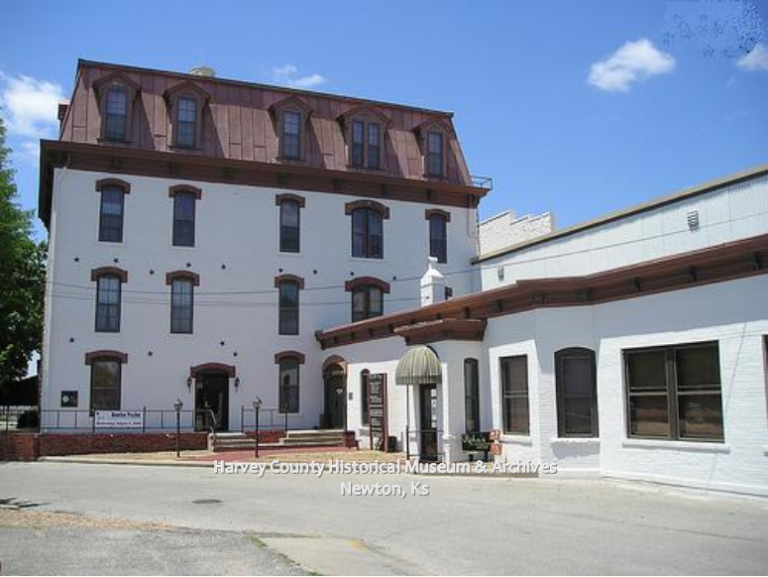NEWTON — Harvey County residents were buzzing about the opening of a steakhouse in the Old Mill last month, and not just because they were hankering for a hunk of red meat.
The Old Mill itself plays a key role in this area’s history. Local businessman D. Hamill built the stone and brick structure as the Monarch Mill in 1881. He sold it five years later to Bernhard Warkentin, who renamed it the Newton Milling Co.
Warkentin significantly upgraded the mill, replacing its millstones with the kind of steel rollers that had been developed in Minnesota. That allowed the mill to grind the hard winter wheat that was then becoming popular with Kansas farmers for its higher protein content (yielding more flour) and ability to withstand winter temperatures.
Kansas folklore holds that Mennonite farmers immigrating here from the Crimea region of the Ukraine in the 1880s brought the wheat with them in sacks and crocks to plant in their new home, which resembled their old one in climate. But historians call that scenario unlikely. Instead, they credit Warkentin, whose family was in the milling business in the Ukraine, and other agricultural entrepreneurs with promoting the spread of hard winter wheat. Warkentin twice arranged for the large-scale importation of seed wheat from the Ukraine, according to the Kansas Historical Society.
He was also a key figure in encouraging Mennonites to come here so that they could plant it. Warkentin was an agent of the Mennonite Board of Guardians, formed to aid those immigrants, and worked with the Atchison, Topeka & Sante Fe railroad, which both transported the immigrants and sold them farm land.
 By whatever means the hard winter wheat variety actually got here, Warkentin and his Newton Milling Co. made the most of it. “Soon his ‘Cream of Kansas’ flour was being produced by several mills and sold nationally,” Norman E. Saul wrote in “Myth and History: Turkey Red Wheat and the ‘Kansas miracle,’ which appeared in the Kansas Historical Quarterly. “By 1888 he had broken into the European market.”
By whatever means the hard winter wheat variety actually got here, Warkentin and his Newton Milling Co. made the most of it. “Soon his ‘Cream of Kansas’ flour was being produced by several mills and sold nationally,” Norman E. Saul wrote in “Myth and History: Turkey Red Wheat and the ‘Kansas miracle,’ which appeared in the Kansas Historical Quarterly. “By 1888 he had broken into the European market.”
The Queen Bee Mill and Pearl Milling Company in McPherson and the Smoky Valley Roller Mills in Lindsborg soon followed suit. Saul noted that the mills “replaced stockyards as the economic backbones of small Kansas towns.” From 1917 to 1927, thanks to hard winter wheat, Kansas produced about one-seventh of the world’s wheat each year and became known as the “breadbasket of the world.”
Warkentin was involved in numerous other businesses and organizations, including the Kansas State Bank of Newton, Halstead State Bank, Millers’ National Insurance Company in Chicago, Bethel College and the Mennonite Mutual Fire Insurance Company, according to the KHS.
He died in a freak accident in 1908 when, while traveling by train between Damascus and Beirut, a pistol fired in an adjoining compartment by the grandson of the emir of Algeria struck him. The Queen Ann-style Warkentin House, built by Warkentin and his wife at 211 E. First St. in Newton, is today a museum and venue.
The mill had fallen into disrepair by the late 1960s and demolition had actually begun on it early the next decade when businessman Lloyd Smith and his wife, Jackie, bought the building. The couple restored the building, which has housed many businesses since then. The new steakhouse, Cadillac Jack’s, is the latest to call this local landmark home.










